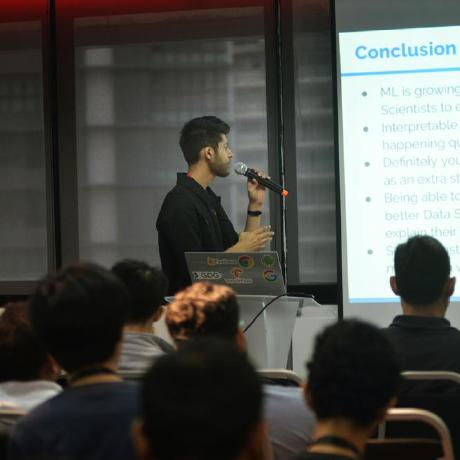Discover and explore top open-source AI tools and projects—updated daily.
NLP-Interview-Notes by  yanqiangmiffy
yanqiangmiffy
NLP interview prep notes and materials
Top 79.5% on SourcePulse
This repository compiles comprehensive learning notes and resources specifically curated for Natural Language Processing (NLP) job interviews. It serves as a valuable study guide for aspiring NLP professionals, covering a wide range of theoretical concepts, practical algorithms, and common interview questions encountered in the field.
How It Works
The notes are structured thematically, covering job application strategies, internship experiences, and detailed explanations of core NLP concepts. It includes explanations of algorithms like Bagging, Boosting, LDA, CRF, and neural network architectures such as RNN, LSTM, and CNN. The content also delves into practical aspects like regularization, activation functions, and optimization techniques, providing a solid foundation for interview preparation.
Quick Start & Requirements
- Installation: No specific installation instructions are provided, suggesting the content is primarily for reading and study.
- Requirements: Basic understanding of NLP concepts and programming (Python is heavily implied by code examples).
- Resources: The README itself is the primary resource. Links to external resources like LeetCode, "剑指Offer," and various ML/DL blogs are provided for further study.
Highlighted Details
- Extensive coverage of interview questions from major tech companies (Microsoft, Google, Alibaba, etc.).
- Detailed explanations of fundamental NLP algorithms and deep learning models.
- Practical advice on job searching and interview strategies.
- Inclusion of Python code snippets for common algorithms and problem-solving.
Maintenance & Community
- The repository appears to be a personal compilation, with no explicit mention of active maintenance or a community forum.
- The last update date is not readily available.
Licensing & Compatibility
- The repository does not explicitly state a license. The presence of code snippets suggests a permissive use for learning, but commercial use or redistribution would require clarification.
Limitations & Caveats
- The content is presented as personal notes and may not be exhaustive or perfectly structured for all learning styles.
- Some code examples might require specific Python environments or libraries not detailed in the README.
- The lack of explicit licensing could pose a challenge for certain use cases.
5 years ago
Inactive

 Sophia-11
Sophia-11 EmbraceAGI
EmbraceAGI zixian2021
zixian2021 jiatastic
jiatastic FoloUp
FoloUp youssefHosni
youssefHosni km1994
km1994 sachuverma
sachuverma rbhatia46
rbhatia46 ombharatiya
ombharatiya julycoding
julycoding